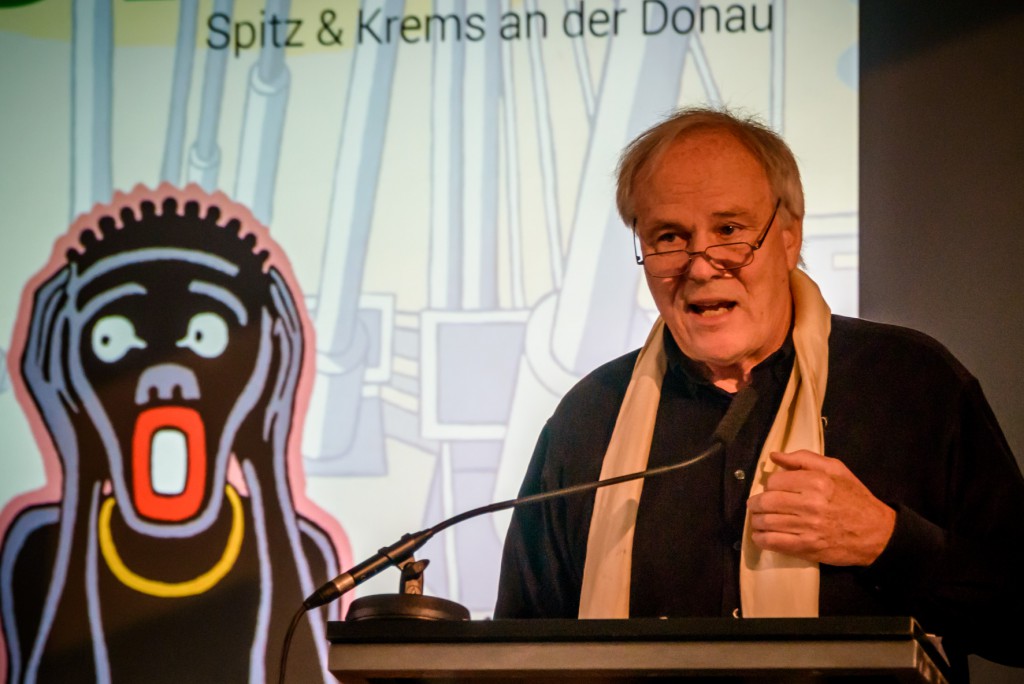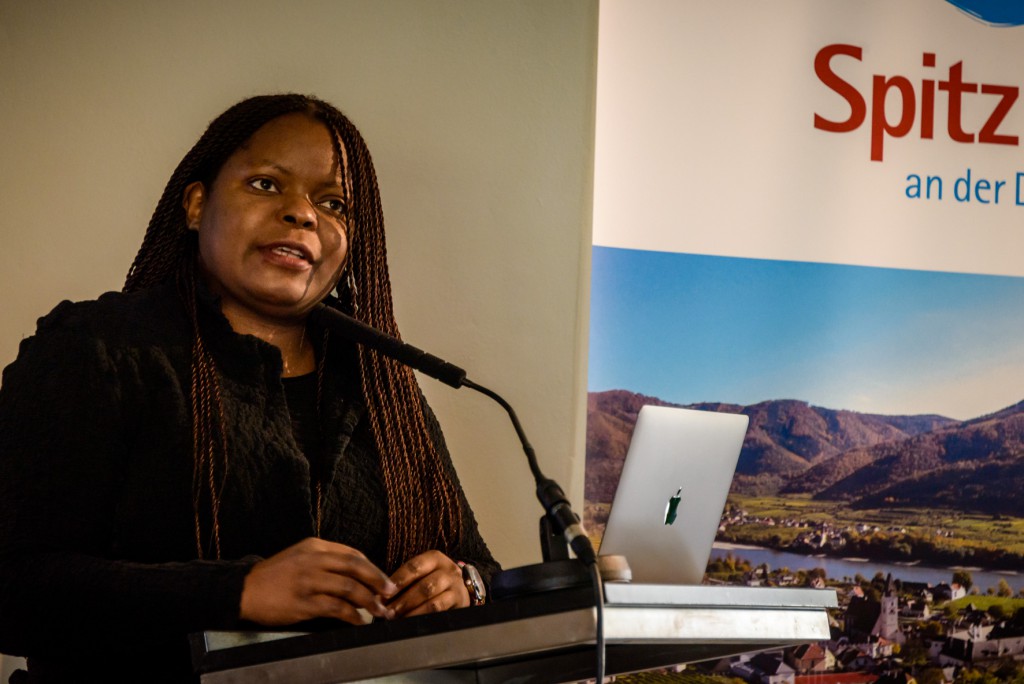A few days ago, just as the busy Christmas shopping season in London got underway, Oxford Circus underground station was evacuated with thousands of people fleeing from one of the city’s busiest spots. Soon it turned out that what triggered the panic weren’t shots fired but rather an altercation between two men on one of the platforms. Fear has now pervaded our everyday lives.
Fear is Everywhere. European Literature Days couldn’t have chosen a more apt theme for the time in which we live. “Fear of those who flee and fear of refugees; anxiety about poverty and collapse; fear of religious fundamentalism and the implosion of values; fear of technology and of technology making humans obsolete; fear of permanent communication and language loss; fear of disorientation as well as of total control—the list could go on endlessly.” This is how the Artistic Director of the European Literature Days, Austrian writer Walter Grond (whose latest book, the historical novel, Drei Lieben/Three Loves, was published earlier this year), defined the headline theme of the gathering of leading European authors, this year held from 16 to 19 November in Spitz on the bank of the Danube in Austria’s wine region.





